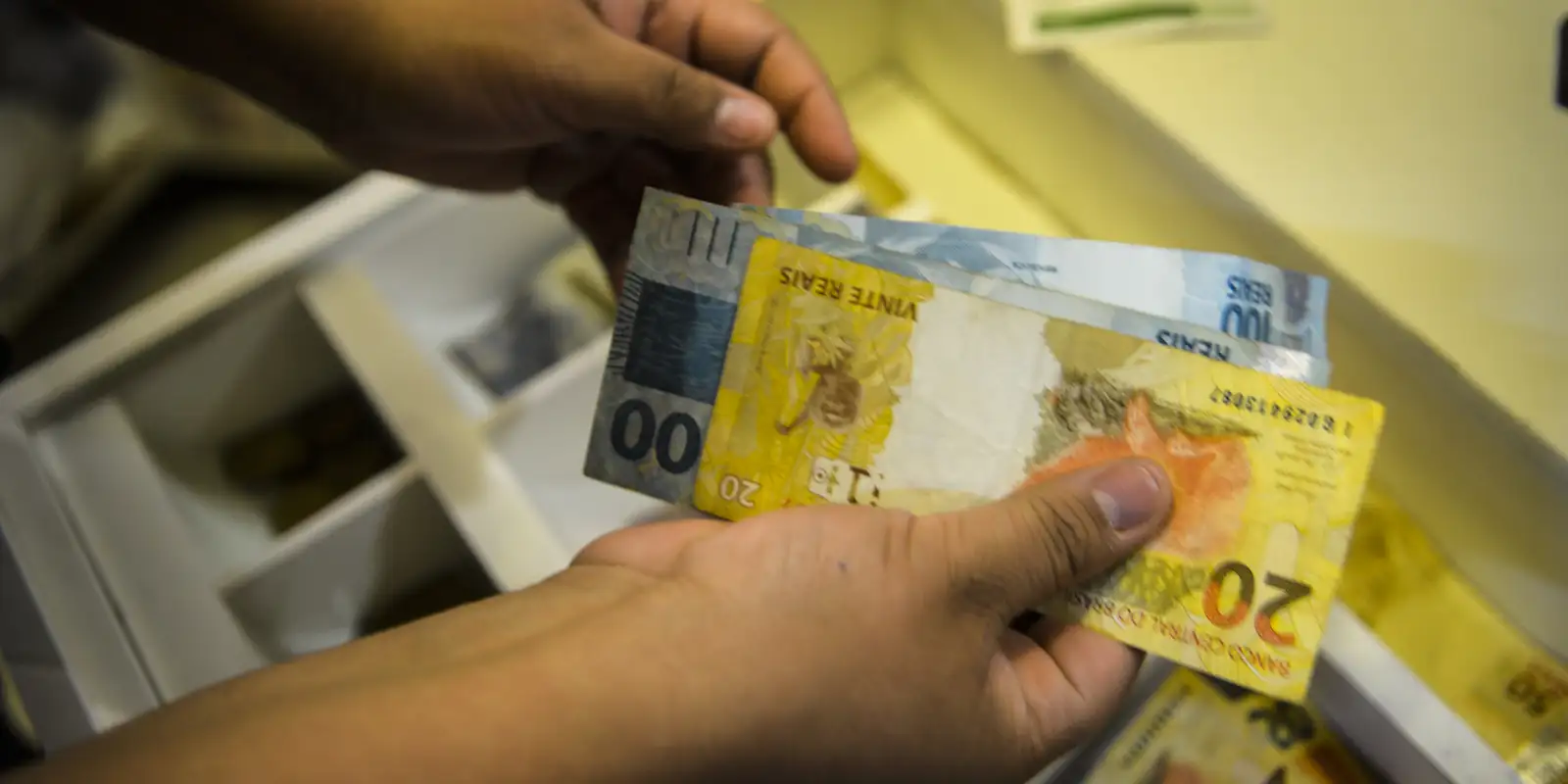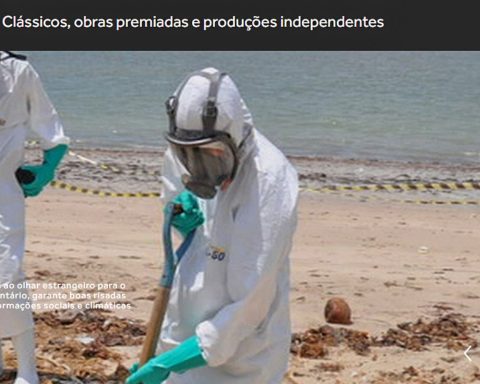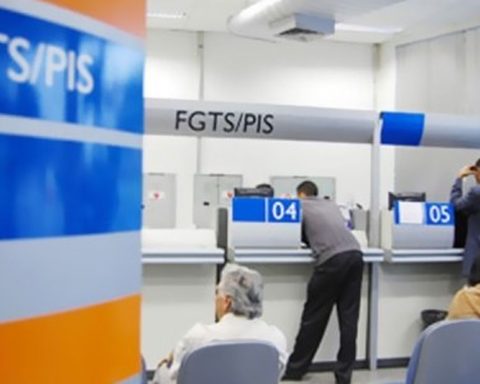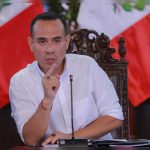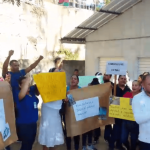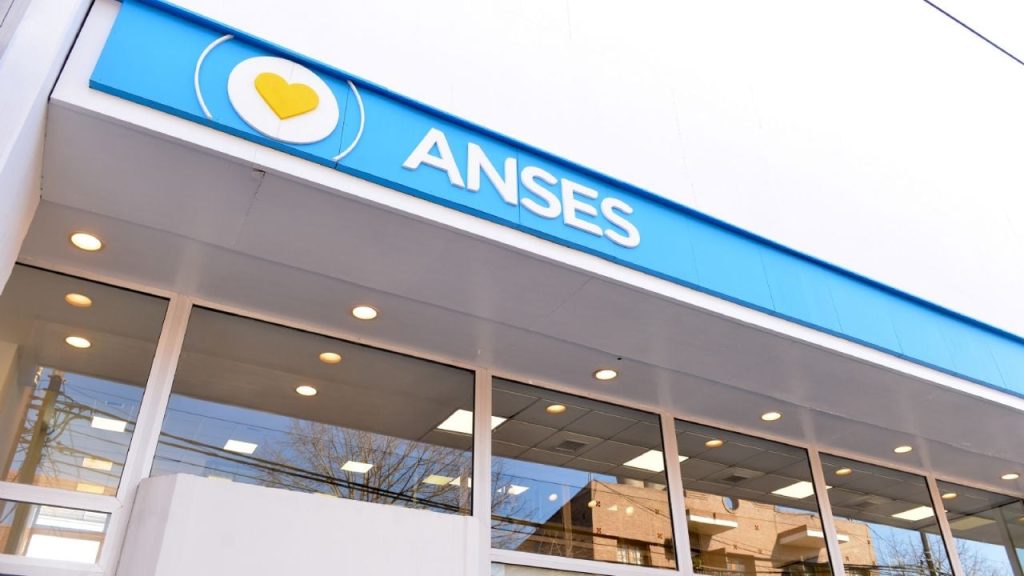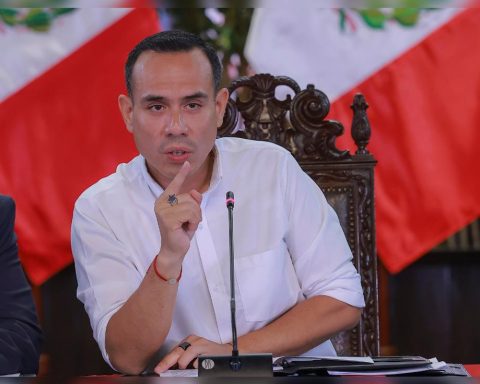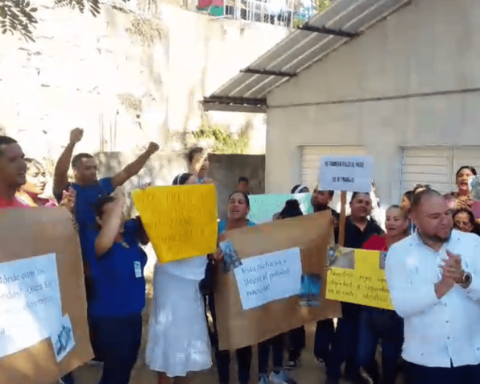Any and all attempts to facilitate the consultation or withdrawal of forgotten money in banks or financial institutions that are not on official Central Bank websites are scams. The alert was made by the BC on its website and on social media.
“The only website where you can consult and find out how to request the return of your values, those of your company or those of deceased people is https://valoresareceber.bcb.gov.br”, informed the monetary authority.
The deadline for redeeming resources expired on Wednesday (16). Therefore, those who missed the deadline may end up being deceived with some promise of enabling redemption after the deadline. Many scammers even ask for payment in advance for the service.
According to the BC, several advertisements related to forgotten money in financial institutions were identified on social networks and messaging applications, which direct people to websites that are not official Central Bank websites.
“Any other website is fake! We do not use any page such as consulta brasil, brasil consulta, consult here, receive your money or similar”, highlights the institution by emphasizing that all the services that the Central Bank of Brazil offers are free.
The BC adds that it does not send links or contact people to discuss amounts receivable, nor to confirm personal data.
“Only the institution that appears in the Receivables System can contact you and it will never ask for your password. Do not click on suspicious links sent by email, SMS, WhatsApp or Telegram”, he adds.
Forgotten money
Around 42 million individuals and 3.6 million legal entities have receivables forgotten in the financial system. Until August, around R$8.6 billion had not been withdrawn – R$6.62 billion by individuals and R$1.97 billion by companies.
The undrawn resources will be allocated to the National Treasury’s single account, to comply with the law that compensates for the extension of the payroll tax exemption for 17 sectors of the economy and 156 municipalities, approved in September by Congress, to make up the R$55 billions that will enter the government’s coffers to pay for the extension of the benefit.
